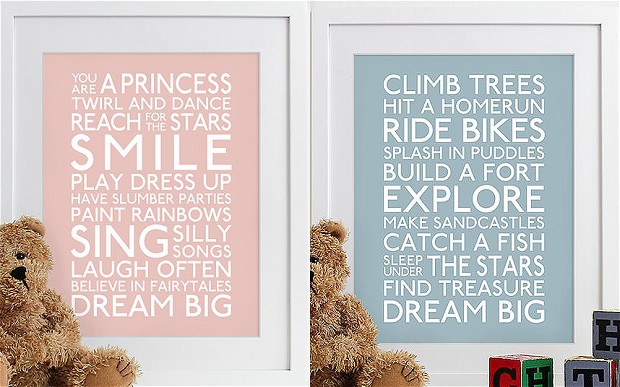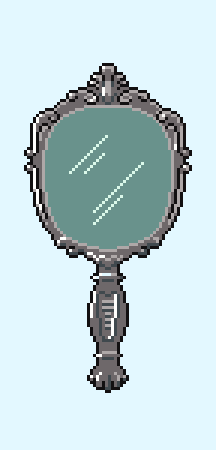When do young girls learn that they have to be pretty? Do we learn it from television, movies, and magazines? Do we learn it from well-meaning relatives that tell us how cute we are?
In a study published by GirlGuiding, it was revealed that half of girls feel stifled by gender stereotyping, with children as young as seven believing they are valued more for their appearance than for their achievements or character.

In an article on Everyday Feminism, Kelsey Lueptow points out that even in cartoons meant for young children, we are taught that it is preferable to be pretty than it is to be smart. In Scooby Doo, for instance, Velma is made fun of and is unappreciated (even when she solves mysteries), while Daphne is treated much better by the other characters.
While filming “Annie,” Cameron Diaz told reporters how worried she was “that girls are conditioned to value themselves and judge each other by how they look. Every time we address our daughters or our nieces by saying, ‘You look lovely today,’ we are reinforcing the idea that the most important thing for a woman is to look good.”
In her article “Pretty Pressure,” Hannah Betts says that girls still tend to describe each other based on appearance before any other trait. As Belinda Parmar puts it:
My six-year-old daughter is always “cute”, “pretty”, and “sweet”; while my seven-year-old son gets “smart”, “resourceful”, and “determined”. No matter how many parenting fads we pass through from year to year, the “sugar and spice” adage just won’t die – and it’s setting our girls up for failure.
I know things are changing… somewhat. There are girls who are figuring out that things aren’t fair, and as a nation, we are beginning to participate in a dialogue about gender identity. However, children still feel the effects of the “gendering” that the adults around them perpetrate. It is a mantle the children are forced to wear, and many of them will feel the limitations of that mantle all throughout their lives.
To see examples of children around the world talking about what it means to be a boy or a girl, watch this video:
What about you? How did you learn that being pretty was important to your self-worth? How does it still affect you to this day? What have to done to overcome it?


So far back, that I don’t even remember. What I do remember most as a young kid is realizing that boys (and their ideas) were being taken more seriously and they were seen as more logical and capable. In order to be taken seriously and be able to participate in “boy things” I rejected my gender and pretended to hate “girl things” (even ones I liked or were neutral on at the time – pink, dresses, etc) because I was so afraid of being trapped by the stereotypes. Now I don’t even know my true feelings on a lot of stuff because I spent so much of my life rejecting them on principle of them being considered “girly”. That alone made them detestable and unworthy in my mind. Now, I’m wondering if this is some warped kind of misogyny, where in order to “prove myself” I embraced the poisonous cultural ideas so that I could prove they weren’t real by being the opposite of a girl. Or in other words – I embraced the patriarchal value system, but wanted to prove that I was equal to men in those things (which I am) at the cost of rejecting all other value systems. Those ideas molded me so much that to this day I still struggle with unconsciously blaming “shallow, girly things” for women not being taken seriously instead of our cultural brainwashing.
I was a pretty child, and I was taught early on that being pretty was my most valuable trait. I have tried very hard to overcome that assertion. I really NEED to stop seeing myself as less valuable now that I’ve gotten older, gained weight, etc., but the idea of beauty as a measure of value is very ingrained!
I think what I really want is for parents to stop doing this to their children.
I think it’s almost impossible not to pick up on this from society at large, but I had a lot of women in the family who were really strong-minded, well-educated, spent no time on their physical appearance, and were very conscious to praise my sister and I for our efforts and bravery, without any pushing to focus on our looks. My mom was an electrical engineer and my dad was a stay at home dad most of my childhood, so for whatever reason I was far more concerned about not being smart enough (to prove myself) than concerned about being pretty. I mean, it was preferable to be attractive, but I just thought of it as something that was rather immutable anyway.
I go out of my way to praise my nieces as smart, capable, and awesome before any mention of pretty. There are so many admirable traits in humanity, looks should be at the bottom of the list. Give me a heart that cares, a mind that thinks, and hands that are willing to work.
That’s great. Girls need that so badly.